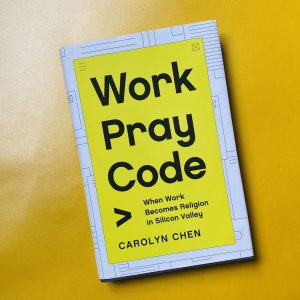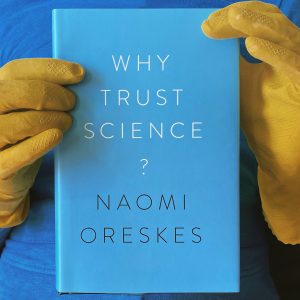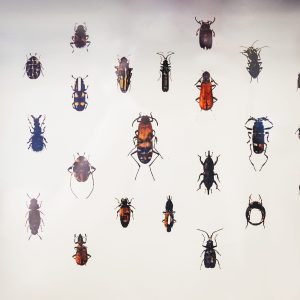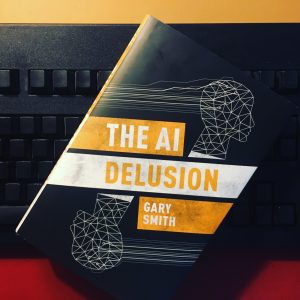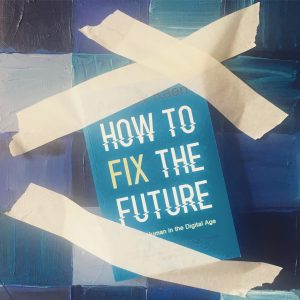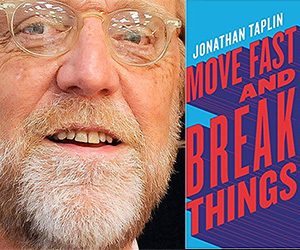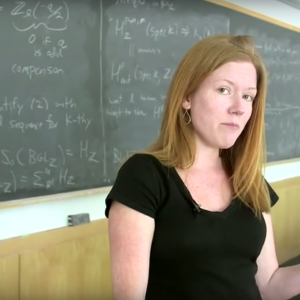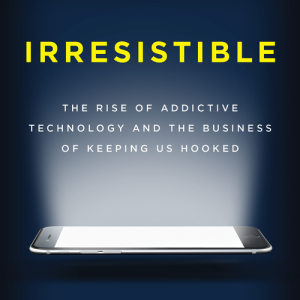The AI Revolution: An Interview with Boris Eldagsen on Winning (and Refusing) the Sony World Photography Award
“I see the downsides of AI, I see the problems for democracies […] but at the same time, as an artist taking this as a reality, it is something I just love doing.”—Boris Eldagsen, in our interview on his winning (and refusing) a prize for his AI-generated art at the SWPA.
Capitalizing on Connection A Review of Work Pray Code by Carolyn Chen
Carolyn Chen argues in her new book Work Pray Code that Silicon Valley, one of the most vocally secular places in the world, has made their work into religion.
What Fools These Mortals Be A review of Immortal by Maija Tammi and Ville Tietäväinen
In the new photobook Immortal: Lost Memoirs of Cornelia Dulac Concerning the Freshwater Polyp Hydra, authors Maija Tammi and Ville Tietäväinen give us a fictionalized account of true scientific studies of Hydra—a biological immortal.
Why trust science? A review of Naomi Oreskes' book in defense of science
In her provocatively titled book, Why Trust Science?, Naomi Oreskes builds a bridge across the divide between those who are for and against science.
The Art of Computation: An Interview with Philipp Schmitt
“Computers can learn from examples how to recognize something. […]This is one way that you can form the concept of an apple, although it has nothing to do with an apple. An algorithm will never bite an apple, or taste one, or pick one from a tree.”—Philipp Schmitt, in our interview about his new book Computed Curation.
Garbage In, Garbage Out: The Amplification of Our Errors Through AI A review of The AI Delusion by Gary Smith
In his new book The AI Delusion, Gary Smith argues that we need to disabuse ourselves of the blind faith we put in Artificial Intelligence: machines are not, and cannot be, more “intelligent” than we are.
How to Fix the Future: An Interview with Andrew Keen
“Maybe the ‘love’ metaphor is an interesting one; we shouldn’t fall in love with the future, it’s too dangerous. We need to keep a distance, have a mature relationship.”—Andrew Keen, in our interview about his book How to Fix the Future
Move Fast and Break Things: An Interview with Jonathan Taplin
“The notion that disruption is the highest form of behavior in tech culture is, to me, sad.”—Jonathan Taplin, in our interview about his book Move Fast and Break Things
The Creativity and Structure of Pure Mathematics: An Interview with Holly Krieger
“The abstraction level I find very appealing, but also, that it’s possible to really understand. One moment, you have no clue what some piece of mathematics is saying or how it’s working, and suddenly there’s like this neurological shift and it clicks into place.”—Dr. Holly Krieger, in our interview about mathematics.
Irresistible Technology: An Interview with Adam Alter
“When behaviors become a way of scratching some psychological itch that you have – whether it’s loneliness, or anxiety or depression, or low self-esteem or boredom – then there’s a good chance you’re addicted.”—Adam Alter, in our interview about his book Irresistible.


